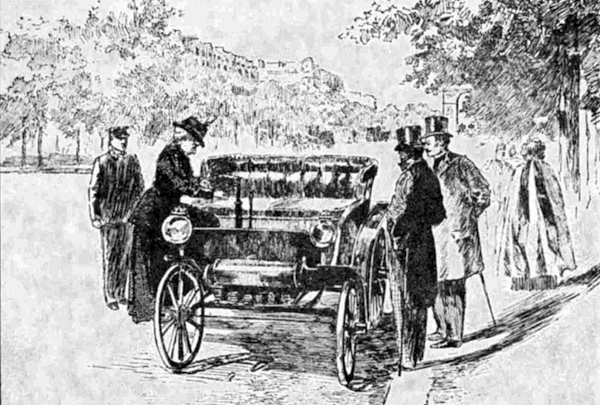Since November 6, the processing chain for vehicle registration and driver's license documents has been switched to 100% digital throughout the country.
As part of its new generation Prefectures plan, the Ministry of the Interior closed the reception desks in the prefectures on Monday, November 6.
The device was in test in the Grand Est region since October 2nd.
From now on, applications for vehicle registration documents and driver's licenses can only be made through the digital channel.
The Ministry of the Interior has justannounced the implementation of 286 digital points in 99 prefectures and 187 sub-prefectures or state offices. These digital points, with a unified visual identity, "are aimed primarily at people excluded from the digital world for technological, geographical or cultural reasons. They provide support to users and access to websites specialized in online procedures. They offer the possibility of scanning documents and printing proof of receipt of files. A digital mediator will assist users in completing their online procedures if necessary. Digital spaces have also been developed by the State's usual partners. They are available to users in certain town halls, in public service centers and in association networks.
A group of associations (including the Association for the Right to Economic Initiative, Familles Rurales, Fondation SFR, FNARS), the National Agency for the Fight against Illiteracy, Emmaus France, FING, CnNum, Syntec numérique, Uniopss, and Secours Catholique expressed their alarm, a year ago, in an opinion piece, that digitization would be an additional factor of exclusion "for those who combine social and digital insecurity... Because in 2016 the dematerialization of public services makes the Internet an obligatory passage for accessing one's rights and citizenship, these people in difficulty are already flocking to the social aid offices. They come looking for help to register for social welfare services or to update their rights. As the number of staff is insufficient to deal with these increasing requests for support, they are redirected to solidarity associations and to social support professionals".
The Conseil d'orientation de l'édition publique et de l'information administrative (COEPIA), reminds us that 13% of the population aged 18 and over (seven million people) declare that they are unable to declare their income online, download or fill in forms online or obtain information online. As many as seven million people are at risk of being excluded from access to public information and services.
Références :





